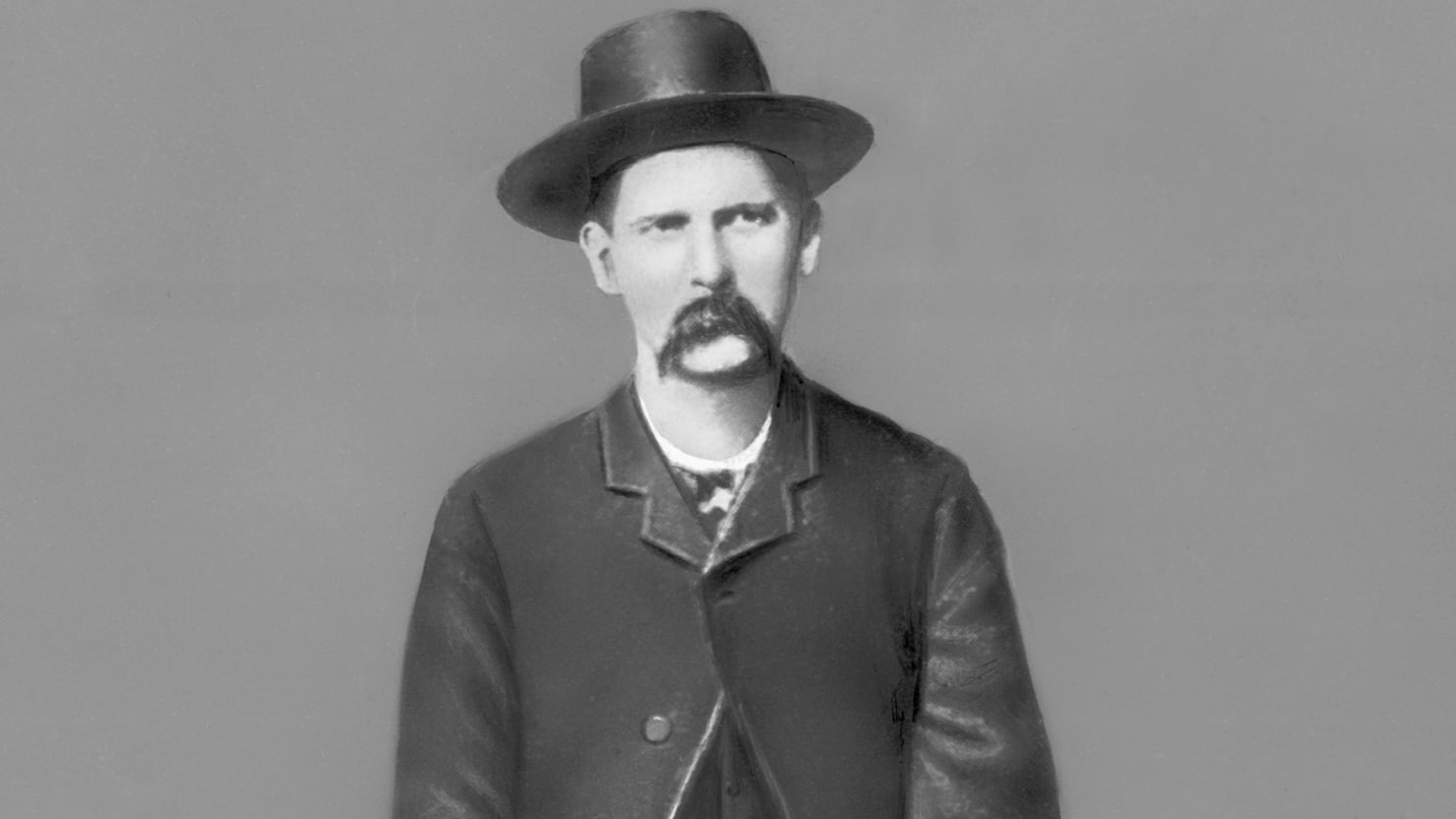History paints a picture that western lawmen were the gamut of archetypes. Some were heroic, some were villains, and some were average.
The fact is history shows that there were far more heroic lawmen, than there were villains.
However, to the best of my ability to tell, there were none who vacilated. They made a decision and acted on it. If they waited, they died.
That too is supported by historical fact. What is also supported by historical fact is that the west was actually pretty peaceful compared to the big cities in the east.
The most violent town in the west, Bodie, was terribly dangerous if you were a bad guy. They killed each other with great glee, but they had the good sense to not attack the civilians.
In all the years that Bodie was active there were no rapes, robberies or burglaries of the interior of a residence. Fights aplenty in the saloons, but nowhere else.
A far different story from the crime ridden eastern cities.
Good post. Some lawmen were certainly heroic and honest but I believe more vacillated between both sides of the law. Of course in many of the old west towns there was no law. A lawman was hired to keep the peace which had many different meanings. Often small towns would hire gunman with a checkered past only to find that they were better off without them.
Take for example Wyatt Earp, the good guy with a gun, an unswerving servant of law and order which is a complete myth. As a young man, Earp was arrested for horse theft and consorting with prostitutes. He was run out of a Texas town for trying to sell a rock painted yellow as a gold brick. He was drawn to police work not because of a devotion to the law but because, during the Gilded Age when public corruption was rampant, it was an easy source of cash. He went to court in 1896 for having refereed a fixed heavyweight championship prizefight, and as late as 1911, at age 63, he was arrested by the Los Angeles police for running a crooked card game.
In his lawman days, he was the often paid by saloon owners and whorehouses for special protection. And at times he even owned these establishments. Everywhere, he was a lawman, Dodge City, Deadwood, Tomestone, ect... he was a businessman buying and selling land, timber, gambling, running whores, and selling stories of his fearless escapades as a lawmen and almost always using the the power of the law to promote those interests.
The Earp myth originated not in Hollywood, but with Earp himself. Particularly following the 1896 scandal (which was the biggest sports gambling controversy until the fixed 1919 World Series) he became nationally renowned as the flim-flam man. Casting around for a way to remake his reputation, Earp stumbled upon Owen Wister’s popular 1901 Western novel,
The Virginian, in which the hero participates in a gunfight and, reluctantly though necessarily, according to the author, in a vigilante hanging for horse theft. Earp seized on the interpretation. He became a fixture at Hollywood studios, befriended the early Western silent-film stars William S. Hart and Tom Mix, and dictated his Wister-inflected memoirs—with the arrest record expunged—several times over the last decades of his life. Like Jay Gatsby or Don Draper, Earp reinvented himself—and he used the newly created film industry as his tool.
Upholding the law was considered a profitable business for gunfighters and other low life's who took lawing as profession. Most of what we know about these famous lawmen of the old west such as Earp and Hickock came from dime novels that glorified their exploits
Later their lives became the subject of movies and even FBI praised. Actors such as John Wayne, Jimmy Stewart, Gene Autry, Henry Fonda, etc. all peddled the myth of the old west which is still alive today.
However, there have been movies that are more honest about the old west and how it was prostrated. Strangely, John Wayne's last movie The Shootist attempted to take a more of honest look at the old west. Some of the early silent movies such as Covered Wagon gave a pretty honest depiction of the old west as did Ride With the Devil in 1999 and Heartland in 1979.
Wyatt Earp famously delivered justice the American way—except it’s all a lie, says biographer Andrew Isenberg.
www.thedailybeast.com


